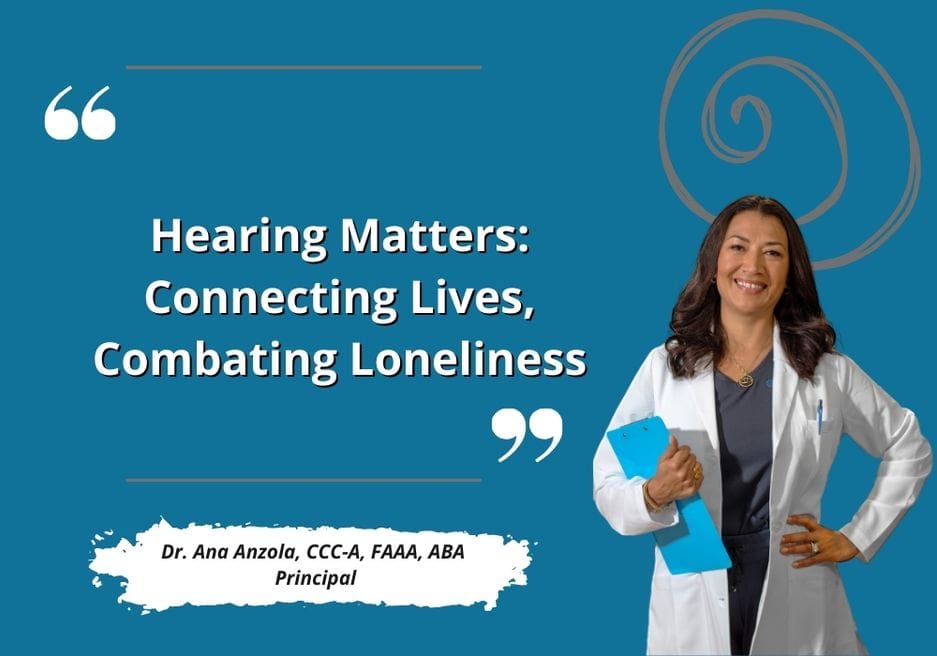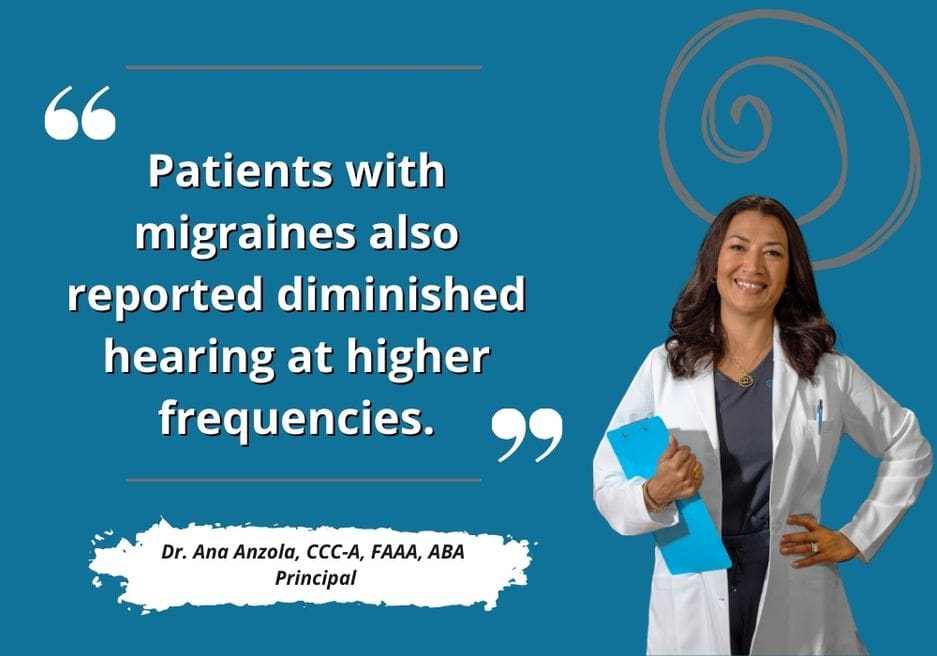When many people think of hearing loss, they think of complete or partial hearing loss in both ears. But this isn’t always the case. Unilateral hearing loss – or hearing loss in one ear only – is more common than you might think. This type of hearing loss can range from mild to severe, and can affect people of all ages, including children.
Early Detection Is Critical
Many children with unilateral hearing loss (UHL) are diagnosed through newborn screening programs, though the loss may occur later in a child’s development. For this reason, regular visits with a pediatric audiologist remain as important as eye exams and doctor checkups. Early intervention with any type of hearing impairment is critical in minimizing side effects and returning to normal living.
Will Their Hearing Get Worse?
Most children with unilateral hearing loss never have further changes in their hearing, but some children do suffer from progressive hearing loss, meaning that their hearing continues to worsen over time. Regular visits with a pediatric audiologist should be part of your child’s regular care, to monitor the child’s hearing in both ears to determine if there are any changes, and if so, recommend the best course of action.
What Will The Pediatric Audiologist Do?
A pediatric audiologist is the first line of defense against hearing deficits your children. The pediatric audiologist will perform hearing tests specially designed for children, including tests to determine the functioning of the middle ear. The audiologist can perform specialized tests where needed, and make recommendations for treatment or referrals to other specialists if required.
Symptoms of Unilateral Hearing Loss
A child suffering from unilateral hearing loss may have specific symptoms you can look out for. These include:
- Unable to Localize. Localization is being able to tell where a sound is coming from. A child with unilateral hearing loss may not be able to tell where sounds are coming from, and this could lead a child to miss important information in school, or not be able to localize a car horn, which could lead to dangerous situations.
- Difficulty Understanding Speech. A child who hears normally from both ears is better able to filter out noise to hear speech. Understanding speech in noisy situations will be more difficult for a child with unilateral hearing loss, who has to rely on one strong ear to do all the work.
- Trouble Hearing From a Distance. A child may have difficulty hearing you when you’re outside the room. Two ears working together can amplify sound, but with one ear working alone, speech heard from a little farther away can be difficult to hear or understand.
Whether your child has already been diagnosed with unilateral hearing loss, or if you just want to be proactive about your child’s health, schedule an appointment with one of our experienced pediatric audiologists today to test your child’s hearing, and ensure that your little loved one is hearing the whole world around them.




